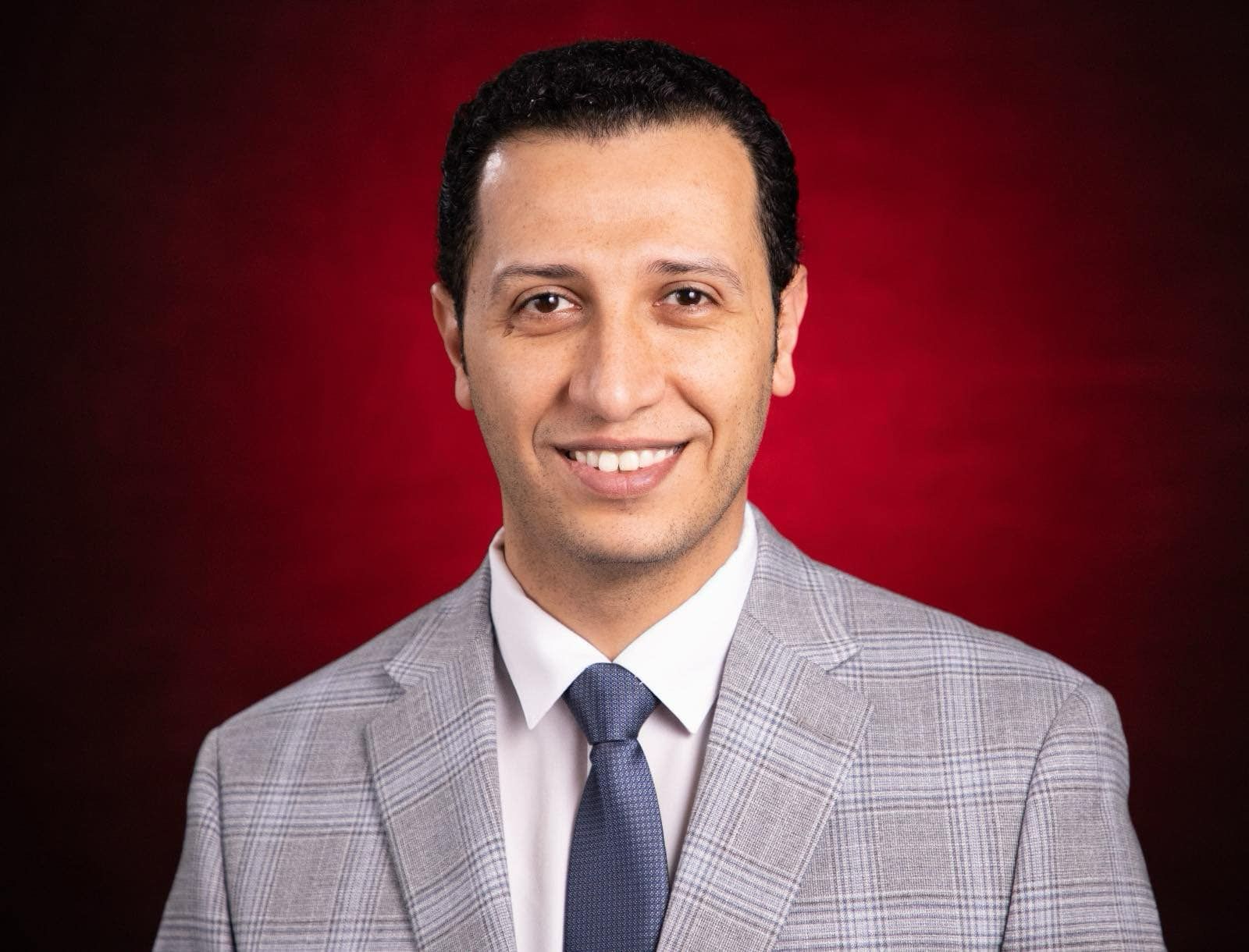Day 1:-
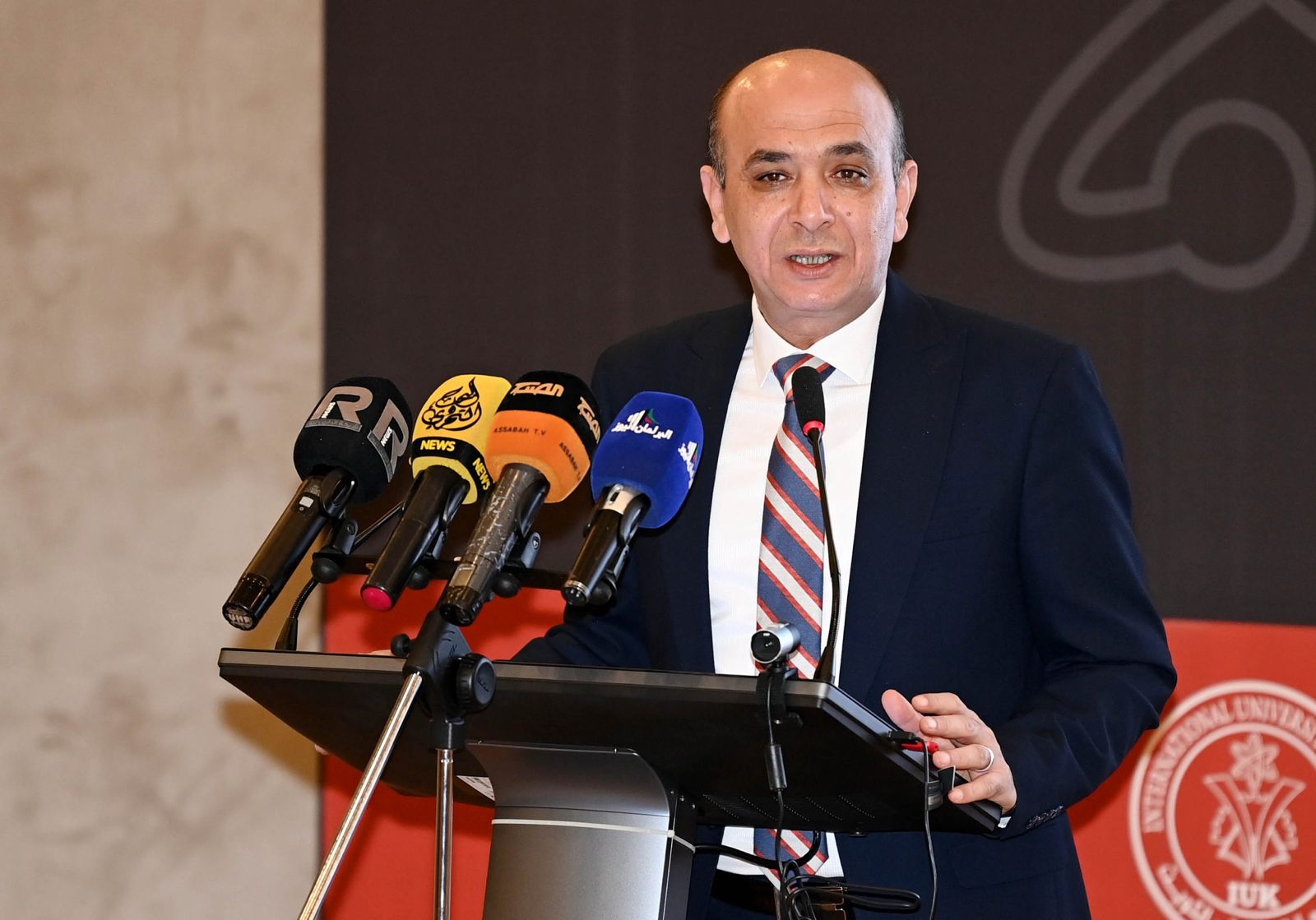 Position:Vice President for Higher Education
Position:Vice President for Higher Education
Affiliation: Mansoura University
Position:President of Mansoura University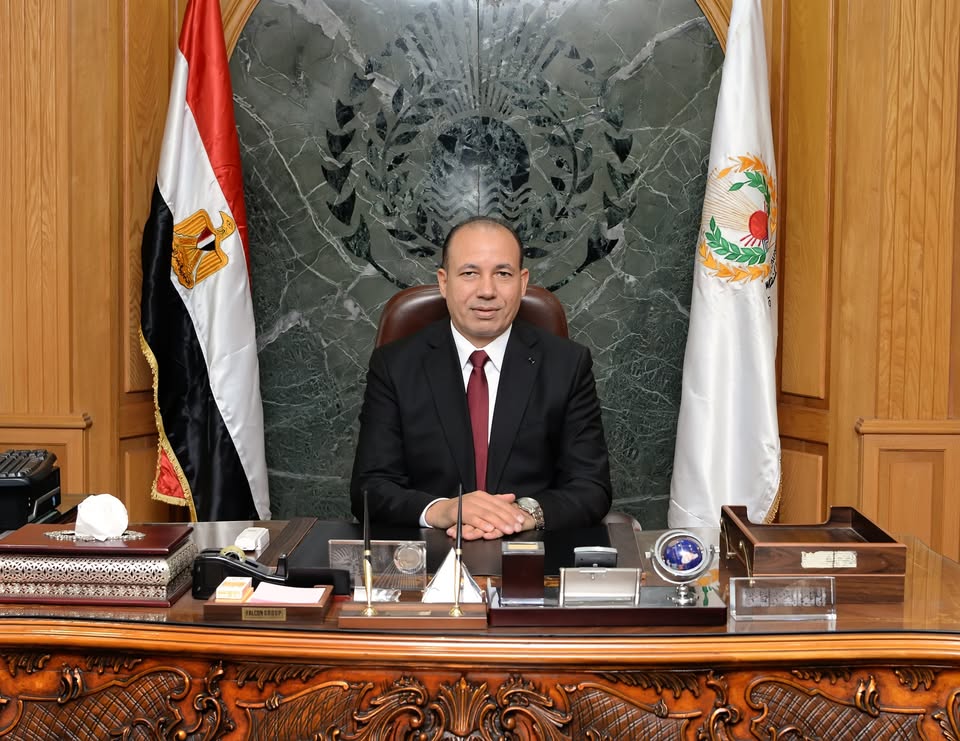
Affiliation:Mansoura University
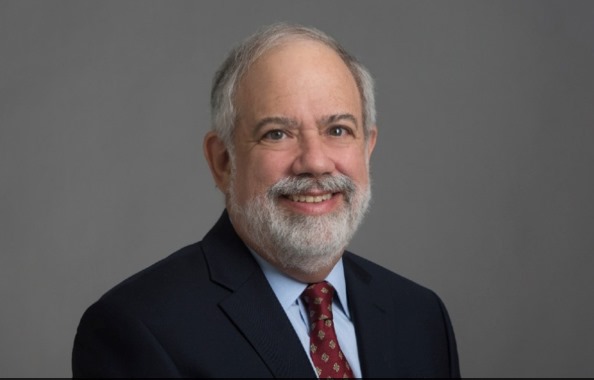 Position:Vice President of Team Science
Position:Vice President of Team Science
Affiliation:University of Texas Medical Branch (UTMB)
Short Bio:
: Dr. Alan Landay is the Vice President of Team Science and Professor in the Departments of Internal Medicine and Microbiology and Immunology at the University of Texas Medical Branch, Galveston. He has been involved in HIV research for over 43 years, having performed some of the first immune evaluations of HIV-infected hemophiliacs in 1981 while completing a postdoctoral fellowship at the University of Alabama, Birmingham.
More recently, he has focused his efforts on studies of COVID-19 where he led the research effort for COVID-19 in the Department of Medicine at Rush and was the leader in establishing the COVID-19 biorepository. He also lead the COVID-19 lab efforts for the NIH-funded ACTG Lab group. Additionally, Dr. Landay has been working on developing novel host biomarkers for characterizing both emerging and re-emerging pathogens as part of the Abbott Pandemic Defense Coalition. He is in the process of extending his studies to now include a multi-omics approach to evaluate arboviruses especially dengue and focused on metabolomics and proteomics. He has published over 600 peer-reviewed papers focused on basic and clinical studies of HIV, with an emphasis on the role of immune activation, inflammation, and the microbiome in HIV pathogenesis, therapy, aging, and cure research.
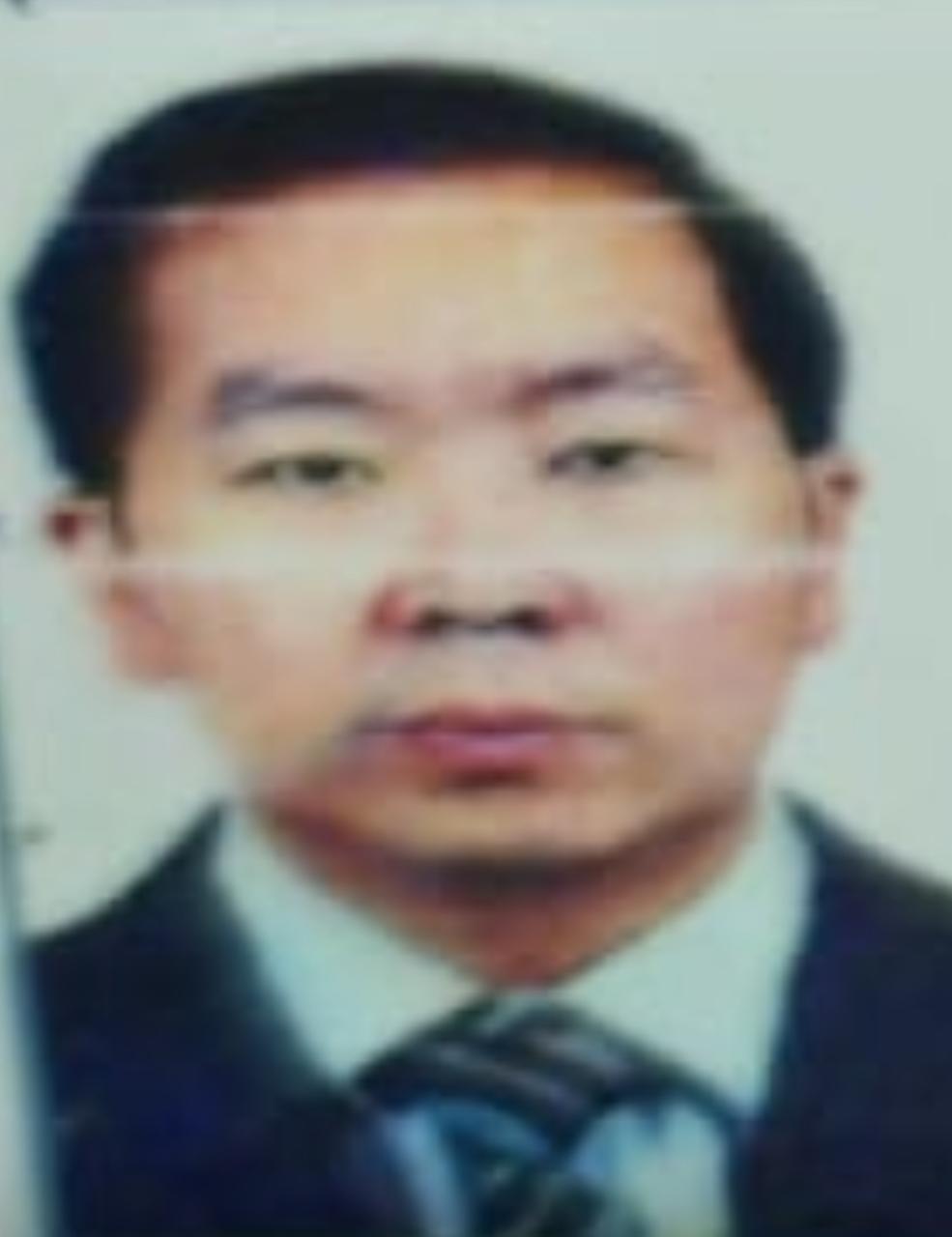 Position:Counsellor
Position:Counsellor
Affiliation:- Embassy of China in Cairo
Position:Counsellor
Affiliation:-Embassy of Japan in Egypt
Position:Education project manager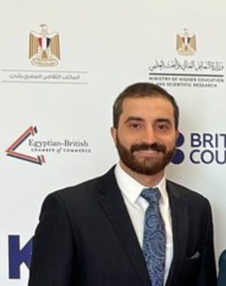
Affiliation:-British Council
Lecture title: British Council education programmes 'power of transnational education
Instagram: https://www.instagram.com/islamyousry?igsh=MWxxaGUyMXZlOGNnNA==
Position:Project Coordinator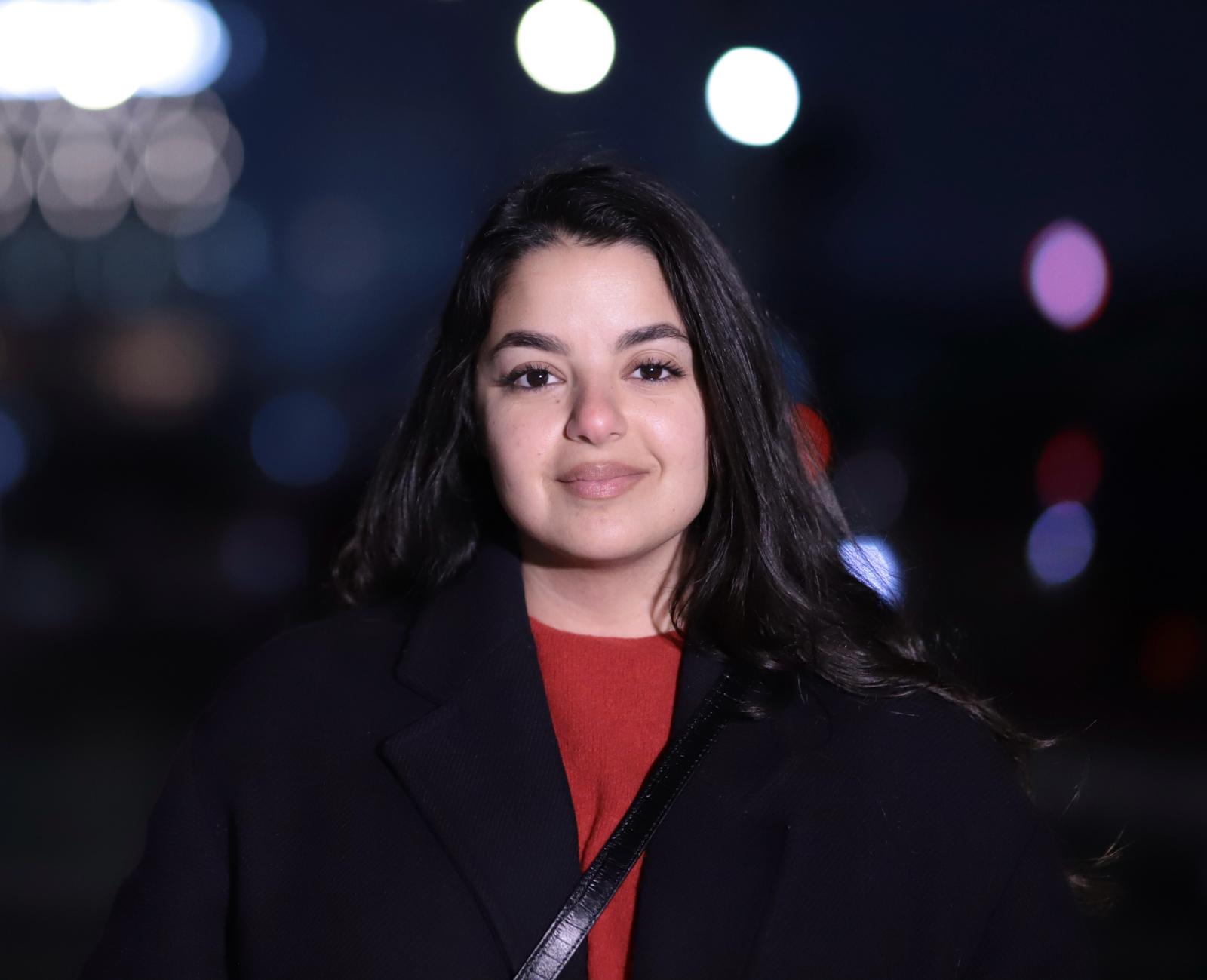
Affiliation:French Institute of Egypt
Position:- Associate Professor of Medicine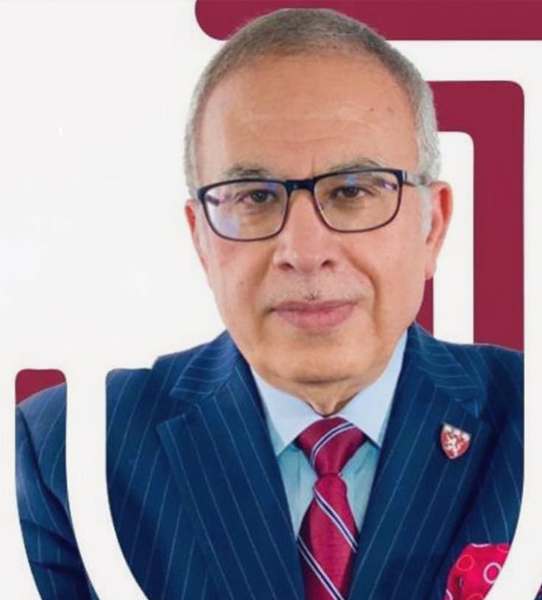
Affiliation: Harvard Medical School
Position: Director, Division of Global Partnerships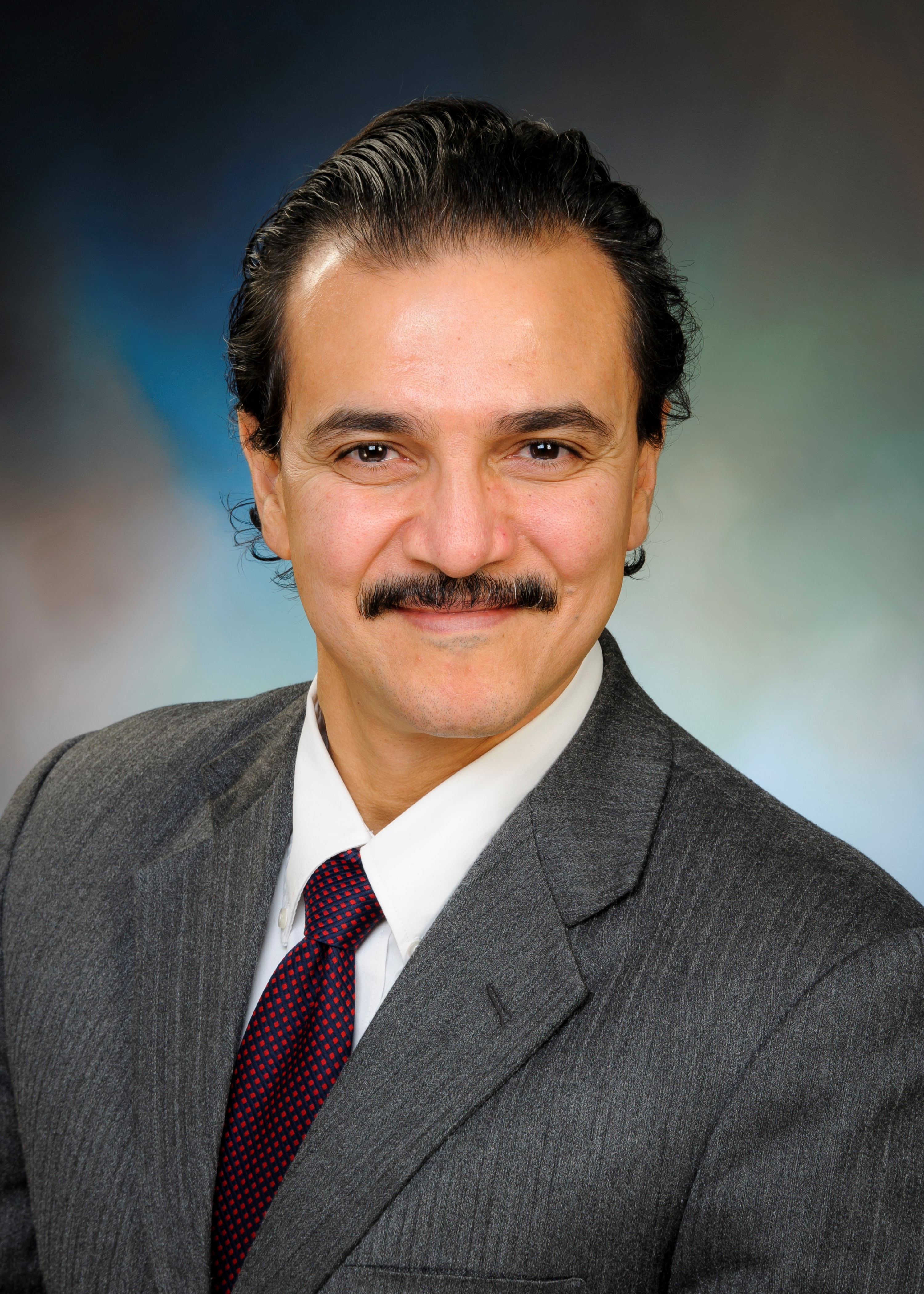
Affiliation: University of Texas Medical Branch
Short Bio:
Dr. Serag is a physician and a public health researcher. He is currently the director of the Division of Global Partnership and an assistant professor at the Department of Population Health and Health Disparities at the School of Public and Population Health. He is also an adjunct assistant professor at the Departments of Internal Medicine and Pediatrics, and an associate member of the Graduate Faculty at the Graduate School of Biomedical Sciences, the University of Texas Medical Branch (UTMB).
Dr. Serag focuses on enhancing the responsiveness of health systems, specifically through incorporating preventive measures for chronic health conditions into clinical settings. He is currently the Principal Investigator of the Diabetes Prevention and Control Programs focusing on diabetes prevention and diabetes self-management education. He is also the project director of HIV routine screening at the Emergency department. Both programs are well-supported by federal and state grants.
Dr. Serag’s teaching, research, and public health practice interests are health policy and governance, health system policies, health equity, and rights for community empowerment. He has sound experience in working in different settings and across cultures. Dr. Serag is the director of UTMB global health sites in the Middle East and North Africa, providing quality training opportunities for UTMB students abroad.
From 2005-2008, he led the civil society engagement with the WHO Commission on Social Determinants of Health. Between 2000-2009, he served as the Health Policy and Systems Program director at the Association for Health and Environmental Development, a leading think-tank group in Egypt.
Position: Program Manager of Team Science
Affiliation: University of Texas Medical Branch (UTMB)
Bio: is currently the Program Manager of Team Science at the University of Texas Medical Branch (UTMB). In this role, he works to facilitate research collaboration and development for both the academic and clinical enterprises.
By training, Dr. Mendoza is a neuroscientist with over 8 years of basic research. His previous research focused on understanding the basic biological mechanisms of learning, memory, and substance abuse. During his PhD, Dr. Mendoza became interested in the intersection of science and business. More specifically, he wanted to understand the process of bringing life-saving discoveries to society. Therefore, he spent the early part of his career at the University of Texas (UT) System, where he worked to support academic technology development, commercia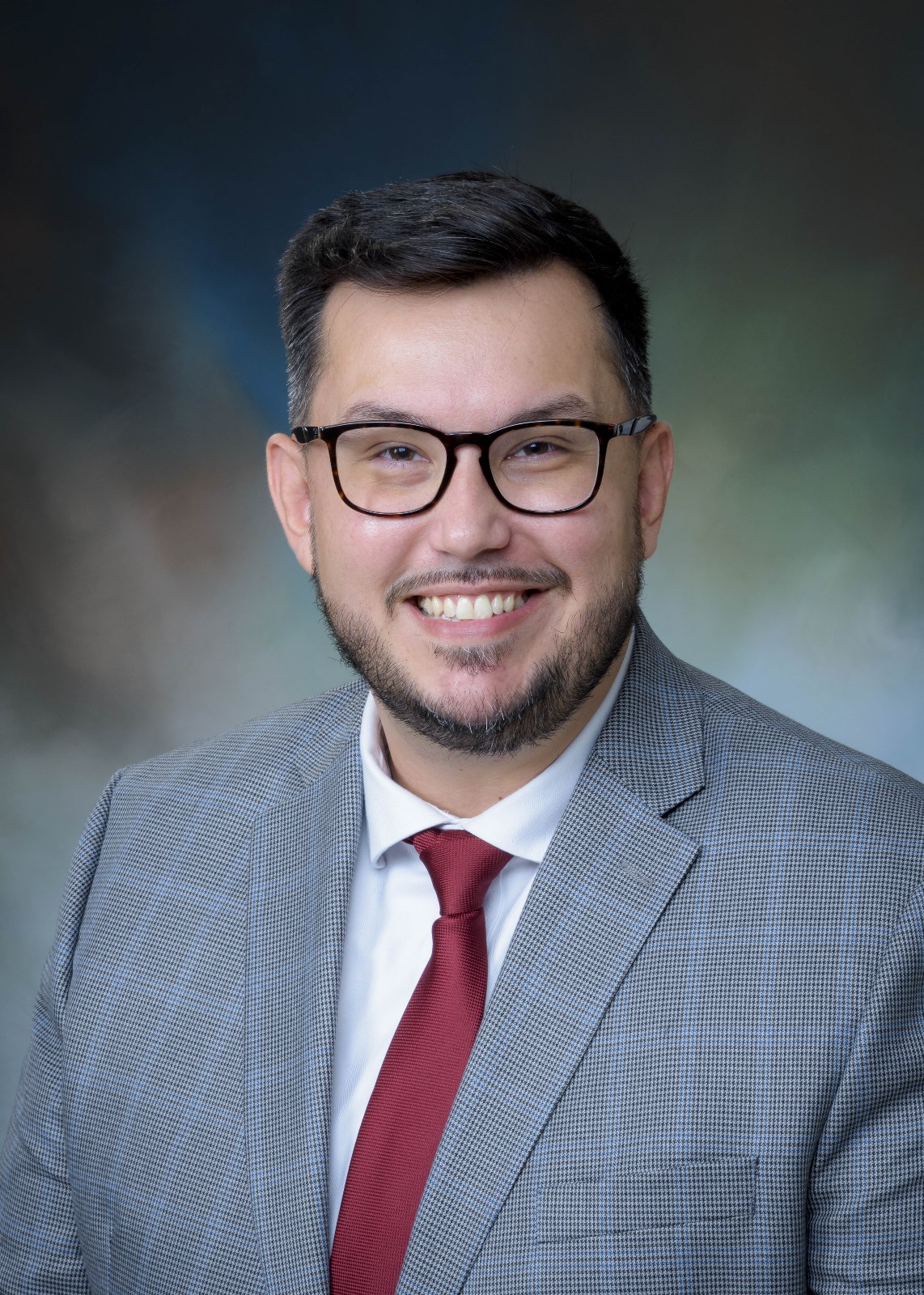 lization, and innovation programs across all 14 UT-affiliated institutions. At the UT System, he reviewed royalty sharing/IP policies, managed academic start-up programs, and even supported PhD career development. More recently, Dr. Mendoza served as business strategist and consultant for a small pharmaceutical marketing firm based out of Chicago. In this role, he helped pharmaceutical companies navigate international sales strategies, create clinically accurate promotional materials, and launch products throughout the European Union.
lization, and innovation programs across all 14 UT-affiliated institutions. At the UT System, he reviewed royalty sharing/IP policies, managed academic start-up programs, and even supported PhD career development. More recently, Dr. Mendoza served as business strategist and consultant for a small pharmaceutical marketing firm based out of Chicago. In this role, he helped pharmaceutical companies navigate international sales strategies, create clinically accurate promotional materials, and launch products throughout the European Union.
In May 2024, Dr. Mendoza joined forces with Dr. Alan Landay to redefine the role of team science at UTMB and beyond. More specifically, he works to forge and sustain research partnerships—both within the university and across the broader scientific, clinical, and industry landscapes—driving collaboration to tackle the most pressing challenges in science and medicine.
Affiliation: Embassy of Japan in Egypt
Position: Co-Director /JICA Expert, Executive Committe 2, EJEP
Affiliation: Central Department for Mission, Ministry of Higher Education and Scientific Research
Lecture title: Human Resource Development Project, Egypt Japan Education Partnership
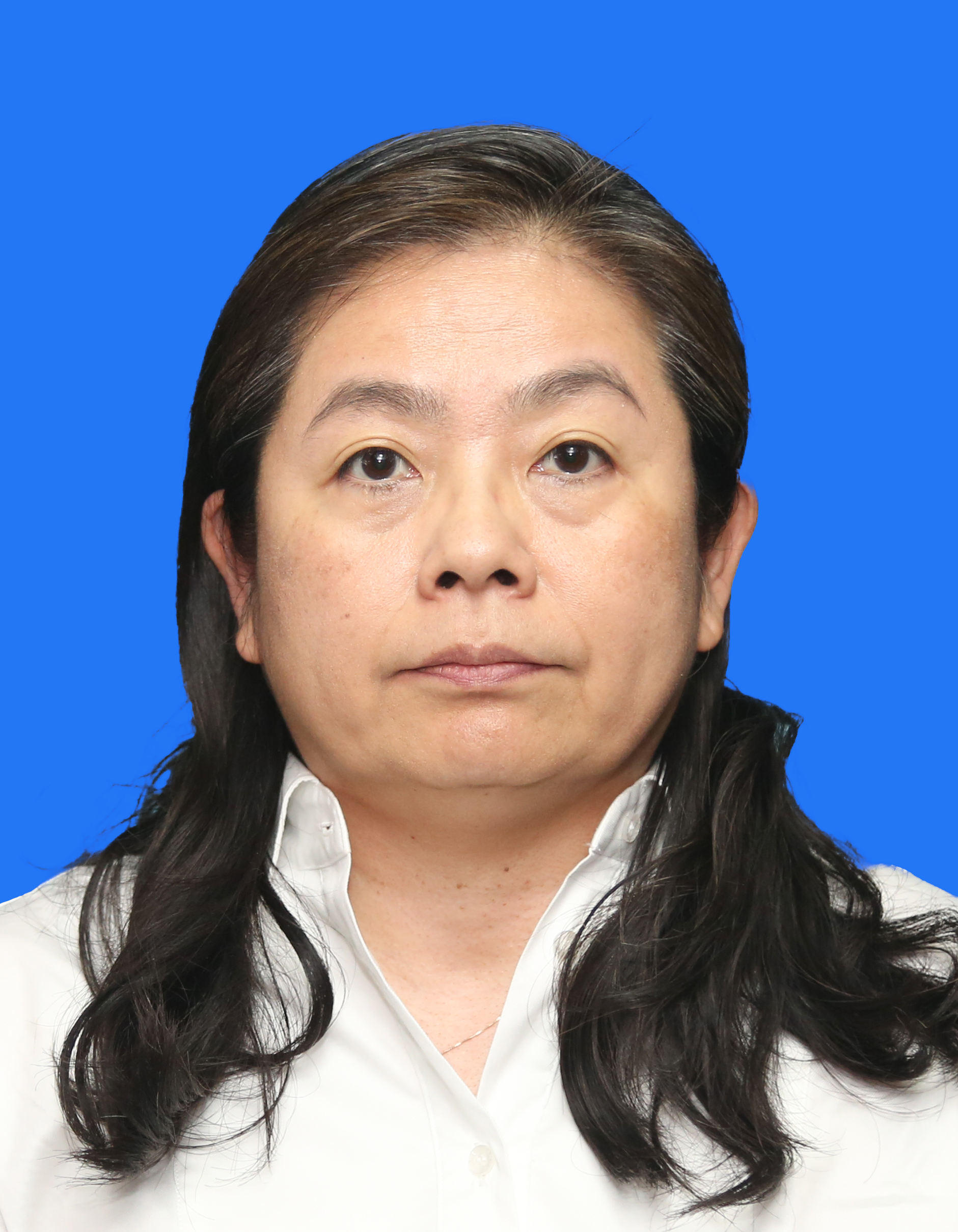
Position: Director
Affiliation: JSPS Cairo Research Station
Short Bio: Professor Emeritus of the University of Tokyo. Socio-economic history of modern Egypt. Main English book is Modern Egypt through Japanese Eyes, Cairo: Merit Publishing House.2009.
Lecture Title: Japan Society for the Promotion of Science (JSPS) : Functions, Structures, and Strategies
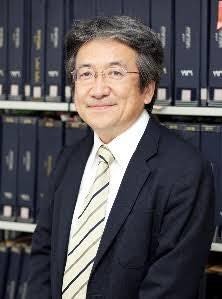
Position :Director 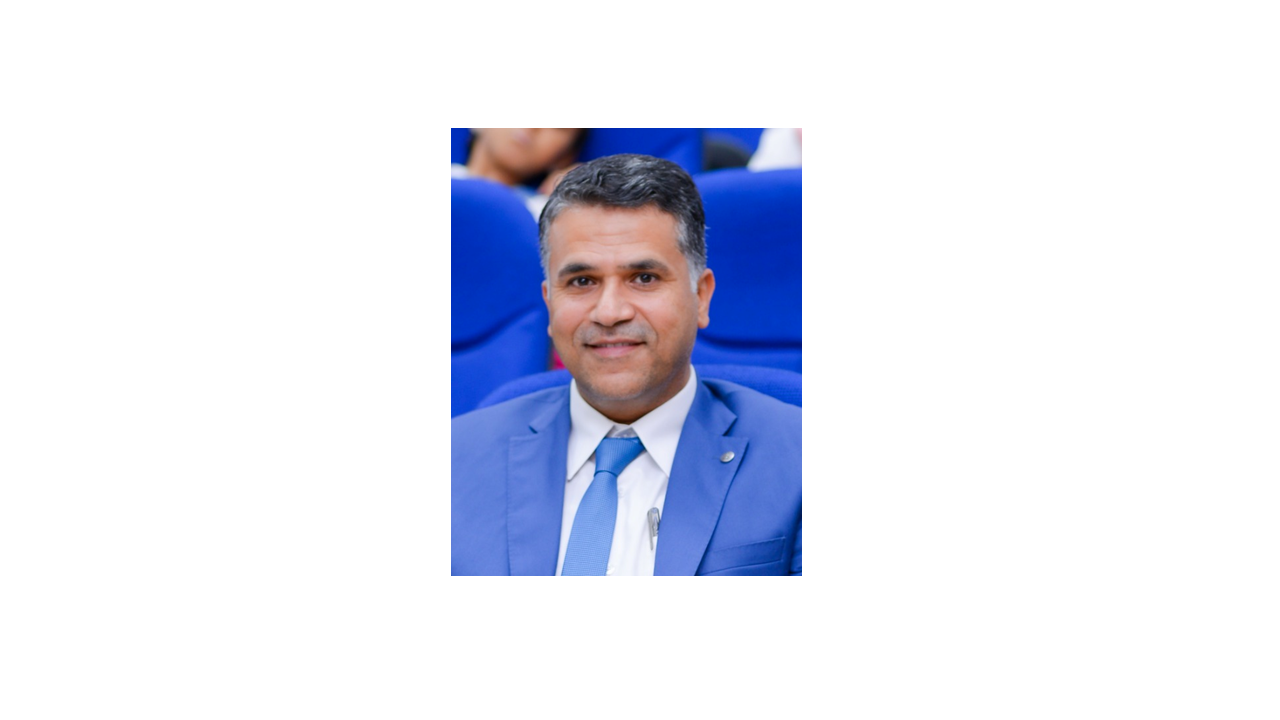
Affiliation: , Kyushu University office in Cairo
Position: Prof. of Geophysics, JSPSAAE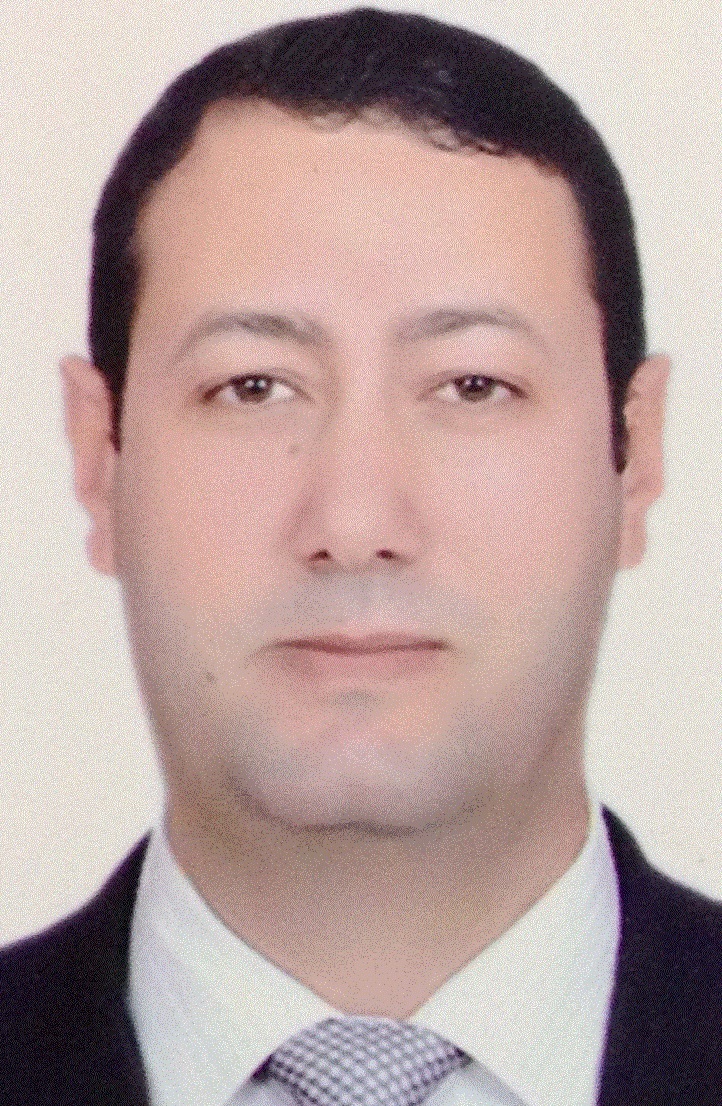
Affiliation: Nat. Res. Inst. Astronomy and Geophysics (NRIAG)
Lecture Title: JSPSAAE Activities
Affiliation: JSPSAAE
Affiliation:JSPS Cairo Research Station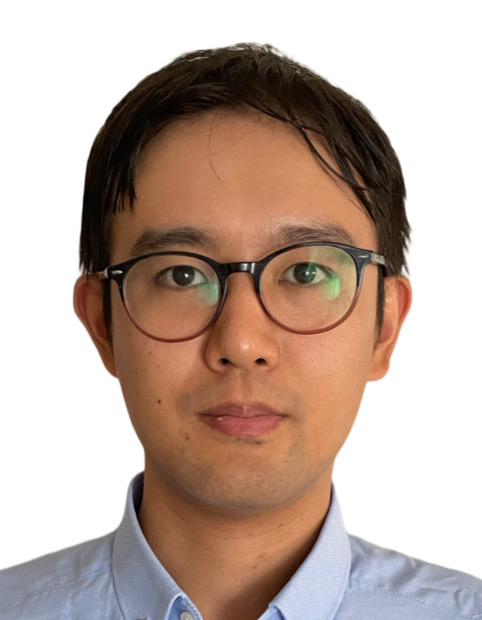
Position :Former Minister of Education and Professor of Law
Affiliation:Faculty of Law – Mansoura University
Day 2:-
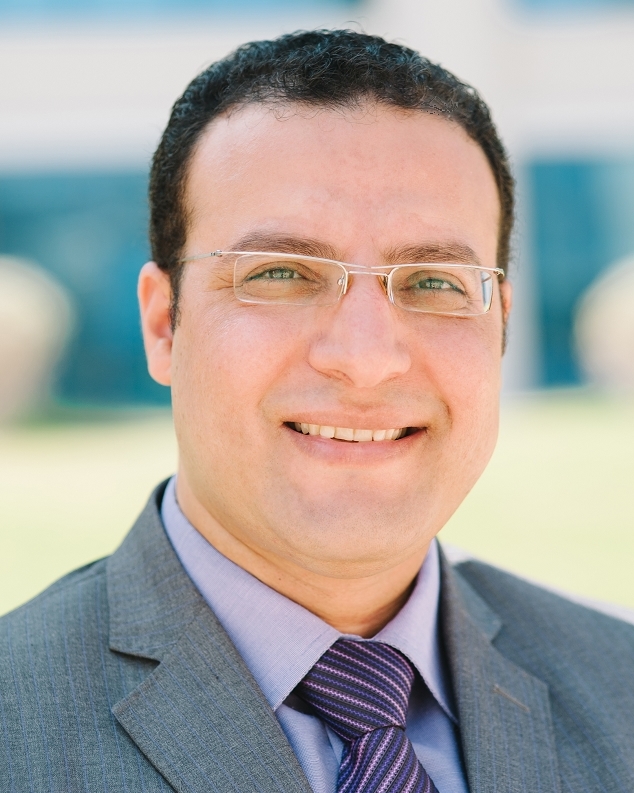
Position: Professor of Nanotechnology & Nanomedicine, Founding Director of Nanoscience Program & Center of Materials Scienceounding
Affiliation: Zewail City of Science and Technology
Short Bio:
Dr. Ibrahim M. El-Sherbiny (BSc-Hons, MSc, PhD, DSC, FAAS, MRS, BMS, AAPS, NZIC), a distinguished figure in the field of nanotechnology and materials science, is renowned for his groundbreaking contributions to academia and research. As a tenured chair professor of nanotechnology and founding chairman of unique educational programs, a vital part of his bright journey began after his selection by the late Nobel Laureate Professor Ahmed Zewail to be a founding member of Zewail City of Science & Technology, Egypt.
El-Sherbiny's academic acumen was honed through his Bachelor's and Master's degrees at Mansoura University, followed by PhD in Smart Drug Delivery from Massey University, New Zealand. He furthered his research as a post-doctoral fellow and Assistant-Professor at esteemed institutions such as the University of New Mexico and the University of Texas-Austin, USA.
Throughout his career, El-Sherbiny has amassed over 270 scientific papers in prestigious journals, authored multiple books, and holds numerous patents in USA, Europe, and Egypt. His research primarily focuses on developing innovative nanostructures for various biomedical applications, including drug delivery, tissue engineering, and biosensing.
El-Sherbiny's achievements have garnered widespread global recognition, with over 70 national and international awards, including the Order of the Egyptian Republic in Science and Arts, State Award for Excellence in Advanced Sciences. He has been honored by several esteemed organizations worldwide, showcasing his global impact and influence in the field of nanotechnology/nanomedicine.
Lecture title: Nanomedicine and Transforming Healthcare: Some Innovations in Disease Treatment, Diagnosis, and Tissue Engineering (From Lab to Society)
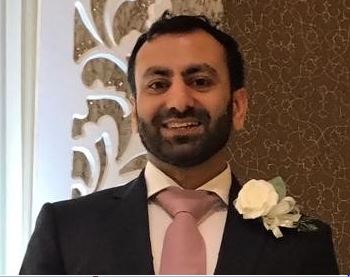
Position: Professor in Nanomedicine
Affiliation: Liverpool John Moores University
Short Bio: Professor Imran Saleem is a professor in nanomedicine within the School of Pharmacy & Biomolecular Sciences, Liverpool John Moores University, UK and Leader of Nanomedicine, Formulation & Delivery Research Group. His research is aimed at developing novel delivery systems for targeting therapeutic agents to their site of action, with particular emphasis on lung diseases via pulmonary delivery. He has over 20 years’ experience in the area of micro/nanoparticle formulation and drug delivery systems, and has published extensively in peer-reviewed journals, conference abstracts and book chapters. His research group is focused on the design and development of nanocarriers for delivery of biomacromolecules including, genes, peptides, vaccines and drugs.
Lecture Title: Nanomedicine
LinkedIn: https://www.linkedin.com/in/imran-saleem-8b432b17/
Instagram: @imran.s1976
Position: Head of Department
Affiliation: RWTH Aachen University Clinic
Short bio: Twan Lammers obtained a DSc in Radiation Oncology from Heidelberg University in 2008 and a PhD in Pharmaceutical Technology from Utrecht University in 2009. In the same year, he started the Nanomedicine and Theranostics group at RWTH Aachen University. In 2014, he was promoted to full professor of medicine at RWTH Aachen University Clinic. His group aims to individualize and improve disease treatment by combining drug targeting with imaging. He is included in the Clarivate Analytics list of Highly Cited Researchers, is a past president of the Controlled Release Society and currently serves as secretary of the European Society for Molecular Imaging.
Lecture title: Smart Cancer Nanomedicine
Description of the lecture: Nanomedicines are extensively used for cancer therapy. By delivering drug molecules more effectively and more selectively to pathological sites, nanomedicines assist in improving the balance between drug efficacy and toxicity. The tumor accumulation of nanomedicines is traditionally ascribed to the EPR effect, which is highly variable, both in animal models and in patients. To address issues associated with tumor targeting heterogeneity, and to ad-vance cancer nanomedicine clinical translation, we are working on systems and strategies to monitor and modu-late tumor-targeted drug delivery. In the present lecture, several of these strategies will be highlighted, including image-guided interventions to prime the tumor microenvironment, and the use of imaging and tissue biomarkers for patient stratification. Altogether, our work aims to establish rational and realistic ways forward towards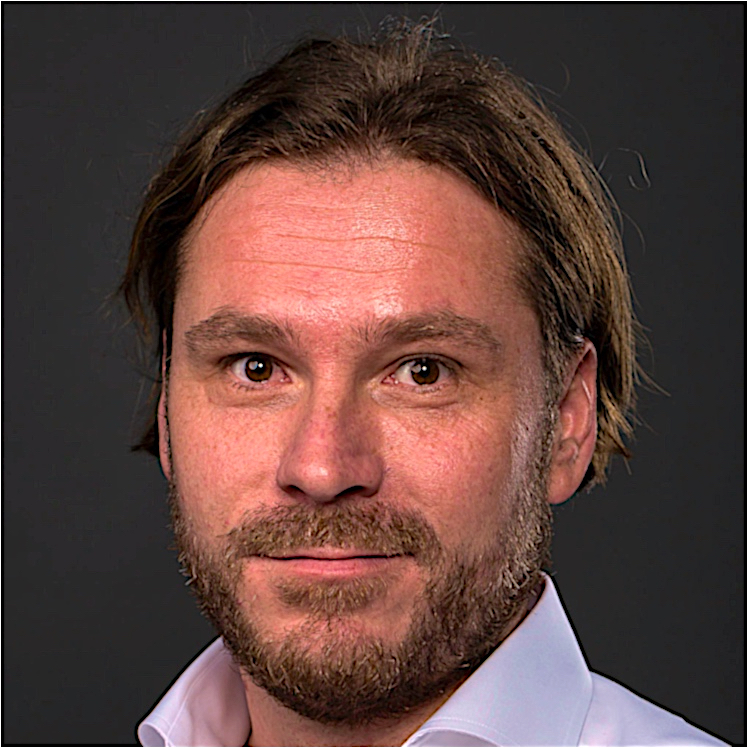 im-proving the clinical impact of cancer nanomedicines.
im-proving the clinical impact of cancer nanomedicines.
Position: Vice Dean
Affiliation: Department of Pharmaceutics, School of Pharmacy, Fudan University
Short Bio:
Tao Sun is a full-time professor at School of Pharmacy, Fudan University, China. His research mainly focuses on molecular design of drug delivery system with the aim of tumor targeting and penetrating, and microenvironment-triggered drug release. He obtained his B.S. and Ph.D. degrees from Shandong University, China, during when, he served as a joint Ph.D. student at École Normale Supérieure, France. From 2012 to 2015, he worked as a postdoctoral fellow supervised by Prof. Jean-Christophe Leroux at Eidgenössische Technische Hochschule Zürich, Switzerland. Since 2015, he joined Fudan University as a PI. As first or corresponding author, in all he published more than 70 peer-reviewed papers on high-impact journals including Trend Chem, Adv Mater, Adv Drug Del Rev, Adv Funct Mater, ACS Nano, Nano Lett, etc. He has been honored with titles such as the Young Pioneer from the Royal Society of Chemistry (RSC) and is also recognized as a National High-Level Young Talent in China.
Lecture title: Intratumoral Pharmacokinetics Optimized by Local Tumor Microenvironment
Description:
This lecture presents innovative strategies to enhance drug delivery in cancer therapy. It addresses critical barriers like poor drug penetration and tumor heterogeneity by modulating the tumor microenvironment. New strategies transform tumors from "blind boxes" into visible, penetrable targets, improving drug accumulation and efficacy. Highlighting advanced systems, the talk bridges preclinical findings with clinical inspirations. By integrating microenvironment modulation with real-time theranostics, the research tackles challenges in clinical translation and patient outcomes.
Quote:
An ocean lies hidden within a needle’s tip. Discover the mysterious beauty of science in the details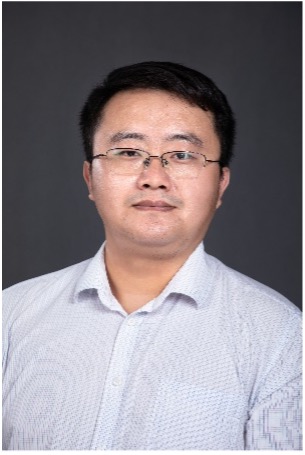
Position: Director, Division of Global Partnerships
Affiliation: University of Texas Medical Branch
Short Bio:
Dr. Serag is a physician and a public health researcher. He is currently the director of the Division of Global Partnership and an assistant professor at the Department of Population Health and Health Disparities at the School of Public and Population Health. He is also an adjunct assistant professor at the Departments of Internal Medicine and Pediatrics, and an associate member of the Graduate Faculty at the Graduate School of Biomedical Sciences, the University of Texas Medical Branch (UTMB).
Dr. Serag focuses on enhancing the responsiveness of health systems, specifically through incorporating preventive measures for chronic health conditions into clinical settings. He is currently the Principal Investigator of the Diabetes Prevention and Control Programs focusing on diabetes prevention and diabetes self-management education. He is also the project director of HIV routine screening at the Emergency department. Both programs are well-supported by federal and state grants.
Dr. Serag’s teaching, research, and public health practice interests are health policy and governance, health system policies, health equity, and rights for community empowerment. He has sound experience in working in different settings and across cultures. Dr. Serag is the director of UTMB global health sites in the Middle East and North Africa, providing quality training opportunities for UTMB students abroad.
From 2005-2008, he led the civil society engagement with the WHO Commission on Social Determinants of Health. Between 2000-2009, he served as the Health Policy and Systems Program director at the Association for Health and Environmental Development, a leading think-tank group in Egypt.
 Position:Vice President of Team Science
Position:Vice President of Team Science
Affiliation:University of Texas Medical Branch (UTMB)
Short Bio:
: Dr. Alan Landay is the Vice President of Team Science and Professor in the Departments of Internal Medicine and Microbiology and Immunology at the University of Texas Medical Branch, Galveston. He has been involved in HIV research for over 43 years, having performed some of the first immune evaluations of HIV-infected hemophiliacs in 1981 while completing a postdoctoral fellowship at the University of Alabama, Birmingham.
More recently, he has focused his efforts on studies of COVID-19 where he led the research effort for COVID-19 in the Department of Medicine at Rush and was the leader in establishing the COVID-19 biorepository. He also lead the COVID-19 lab efforts for the NIH-funded ACTG Lab group. Additionally, Dr. Landay has been working on developing novel host biomarkers for characterizing both emerging and re-emerging pathogens as part of the Abbott Pandemic Defense Coalition. He is in the process of extending his studies to now include a multi-omics approach to evaluate arboviruses especially dengue and focused on metabolomics and proteomics. He has published over 600 peer-reviewed papers focused on basic and clinical studies of HIV, with an emphasis on the role of immune activation, inflammation, and the microbiome in HIV pathogenesis, therapy, aging, and cure research.
Position: Program Manager of Team Science
Affiliation: University of Texas Medical Branch (UTMB)
Bio: is currently the Program Manager of Team Science at the University of Texas Medical Branch (UTMB). In this role, he works to facilitate research collaboration and development for both the academic and clinical enterprises.
By training, Dr. Mendoza is a neuroscientist with over 8 years of basic research. His previous research focused on understanding the basic biological mechanisms of learning, memory, and substance abuse. During his PhD, Dr. Mendoza became interested in the intersection of science and business. More specifically, he wanted to understand the process of bringing life-saving discoveries to society. Therefore, he spent the early part of his career at the University of Texas (UT) System, where he worked to support academic technology development, commercia lization, and innovation programs across all 14 UT-affiliated institutions. At the UT System, he reviewed royalty sharing/IP policies, managed academic start-up programs, and even supported PhD career development. More recently, Dr. Mendoza served as business strategist and consultant for a small pharmaceutical marketing firm based out of Chicago. In this role, he helped pharmaceutical companies navigate international sales strategies, create clinically accurate promotional materials, and launch products throughout the European Union.
lization, and innovation programs across all 14 UT-affiliated institutions. At the UT System, he reviewed royalty sharing/IP policies, managed academic start-up programs, and even supported PhD career development. More recently, Dr. Mendoza served as business strategist and consultant for a small pharmaceutical marketing firm based out of Chicago. In this role, he helped pharmaceutical companies navigate international sales strategies, create clinically accurate promotional materials, and launch products throughout the European Union.
In May 2024, Dr. Mendoza joined forces with Dr. Alan Landay to redefine the role of team science at UTMB and beyond. More specifically, he works to forge and sustain research partnerships—both within the university and across the broader scientific, clinical, and industry landscapes—driving collaboration to tackle the most pressing challenges in science and medicine.
Day 3:-
Position: Consultant ITM
Affiliation: University Hospital Leipzig
Lecture Title: Diabetes in 2025 from the view of HLA
Description of the lecture: Short overview over the association of Diabetes with HLA. Both T1D and T2D show associations. The important aspect is to find the cause of these assiciations and induce prevention.
Quote: HLA is my life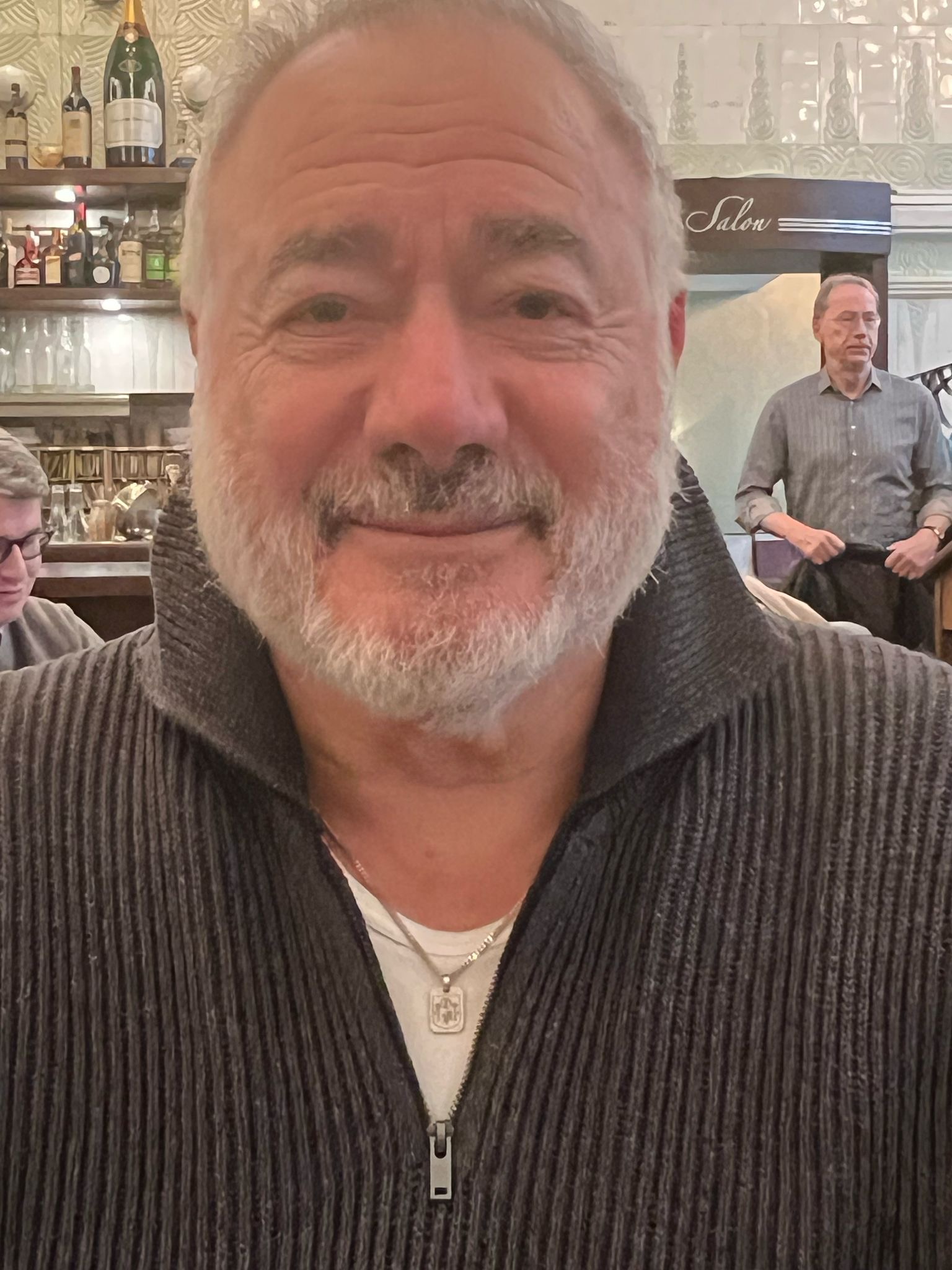
Position: Postdoctoral Research Fellow
Affiliation: Bioengineering Department, University of Louisville
Short Bio: MOHAMED SHEHATA (Member, IEEE) received the B.Sc. degree in computer engineering and control systems from Mansoura University, Egypt, in 2009, the M.Sc. degree from the ECE Department, University of Louisville (UofL), in 2016, and the Ph.D. degree from the Computer Science and Engineering Department, UofL, in 2022. He is currently a Postdoctoral Fellow with the Department of Bioengineering, UofL. He has actively been working on machine and deep learning for medical imaging analysis, specifically the design of computer-aided diagnostic and prediction systems for the early detection of different medical conditions. He has authored in more than 80 technical peer-reviewed publications, such as IEEE Transactions on BIOMEDICAL ENGINEERING, Scientific Reports (Nature), Medical Physics, IEEE ACCESS, Artificial Intelligence in Medicine, Insights into Imaging, PLOS One, Cancers, Diagnostics, Sensors, British Journal of Radiology, MICCAI, IEEE ISBI, IEEE ICIP, and IEEE ICPR. He has received more than 26 international and local prestigious awards, including the IEEE Computing’s Top 30 Early Career Professionals 2024, Best Oral Presentation Award in Med-Forward Conference 2025, John M. Houchens Prize for the Most Meritorious Dissertation at UofL, in Fall 2022; the MIT Technology Review Award for Innovators Under 35 Years Old, in 2021; the Doctoral Dissertation Completion Award, in 2021; the Research of Louisville, in 2021 and 2024; the EPIC Innovator Award, from 2019 to 2022; and the Exemplary Research Scholarship Award, from 2019 to 2023. He is serving as a Guest Editor for prestigious journals, including Frontiers in Medicine, Frontiers in Oncology, Frontiers in Neuroscience, Cancers, Bioengineering, Diagnostics, Sensors, and Electronics.
Position: Professor at Electronics and Communications Engineering Department
Affiliation: Faculty of Engineering - Mansoura University
Short bio: Prof. Hossam El-Din Moustafa, Professor at the Department of Electronics and Communications Engineering. He is the founder and former executive manager of Biomedical Engineering Program (BME) - Faculty of Engineering - Mansoura University. Now he occupies the position of The General Coordinator of Specific Programs. He has more than Sixty international publications in the field of AI applications in biomedical engineering. He supervised and arbitrated 70 master's and doctoral dissertations. The main research points include biomedical imaging, Bioinformatics, Bio signal processing, and Machine Learning applications in the medical field. He is an IEEE Senior Member.
Lecture Title: AI in Biomedical Engineering: Shaping The Future of Healthcare
Description: This lecture explores the transformative role of Artificial Intelligence (AI) in the field of biomedical engineering and its profound impact on the future of healthcare. From intelligent diagnostics and personalized medicine to advanced medical imaging and robotic surgery, AI is revolutionizing how we understand, monitor, and treat the human body. We'll examine how machine learning algorithms are being used to detect diseases earlier and more accurately, how AI-driven prosthetics and implants are restoring function and mobility, and how predictive models are improving patient outcomes and optimizing clinical workflows. The session will also address the ethical considerations and data privacy challenges that come with integrating AI into sensitive healthcare environments. Through real-world case studies and cutting-edge research, this lecture aims to inspire biomedical engineers to leverage AI not just as a tool, but as a catalyst for innovation, accessibility, and patient-centered care.
Linkedin: http://www.linkedin.com/in/hossam-el-din-moustafa-52851235
Instagram: https://www.instagram.com/hossam_el_din_moustafa/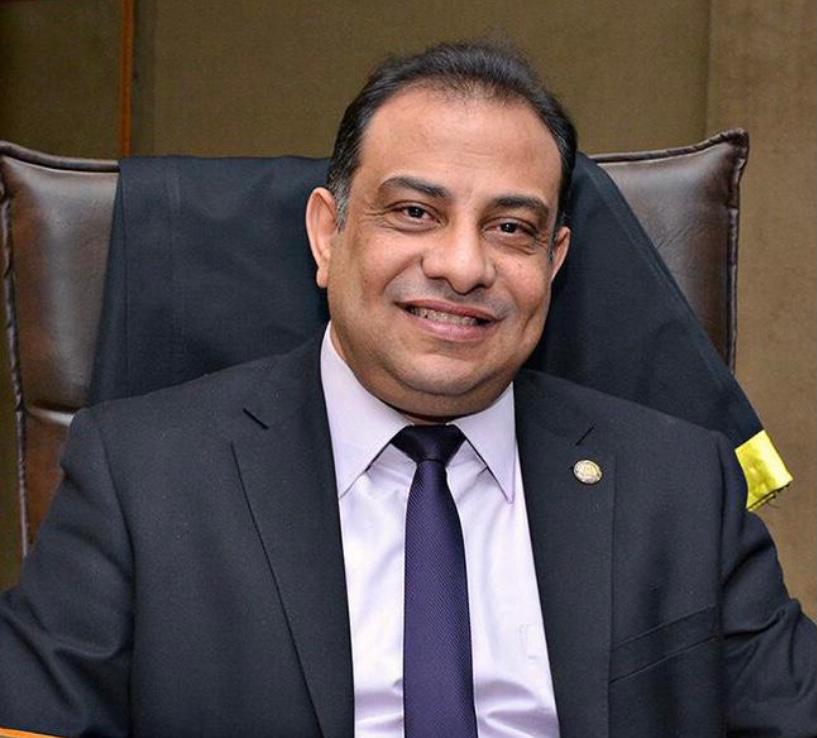
PositionInterim Chair - Accounting and Finance Department, St. John Fisher University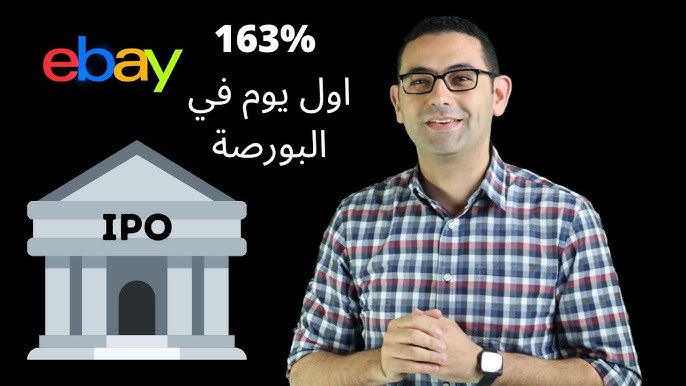
Lecture title: Business Education in the Age of Revolutionary Technologies: Opportunities and Challenges
Day 4:-
Position: American Cairo Center (ACC) Director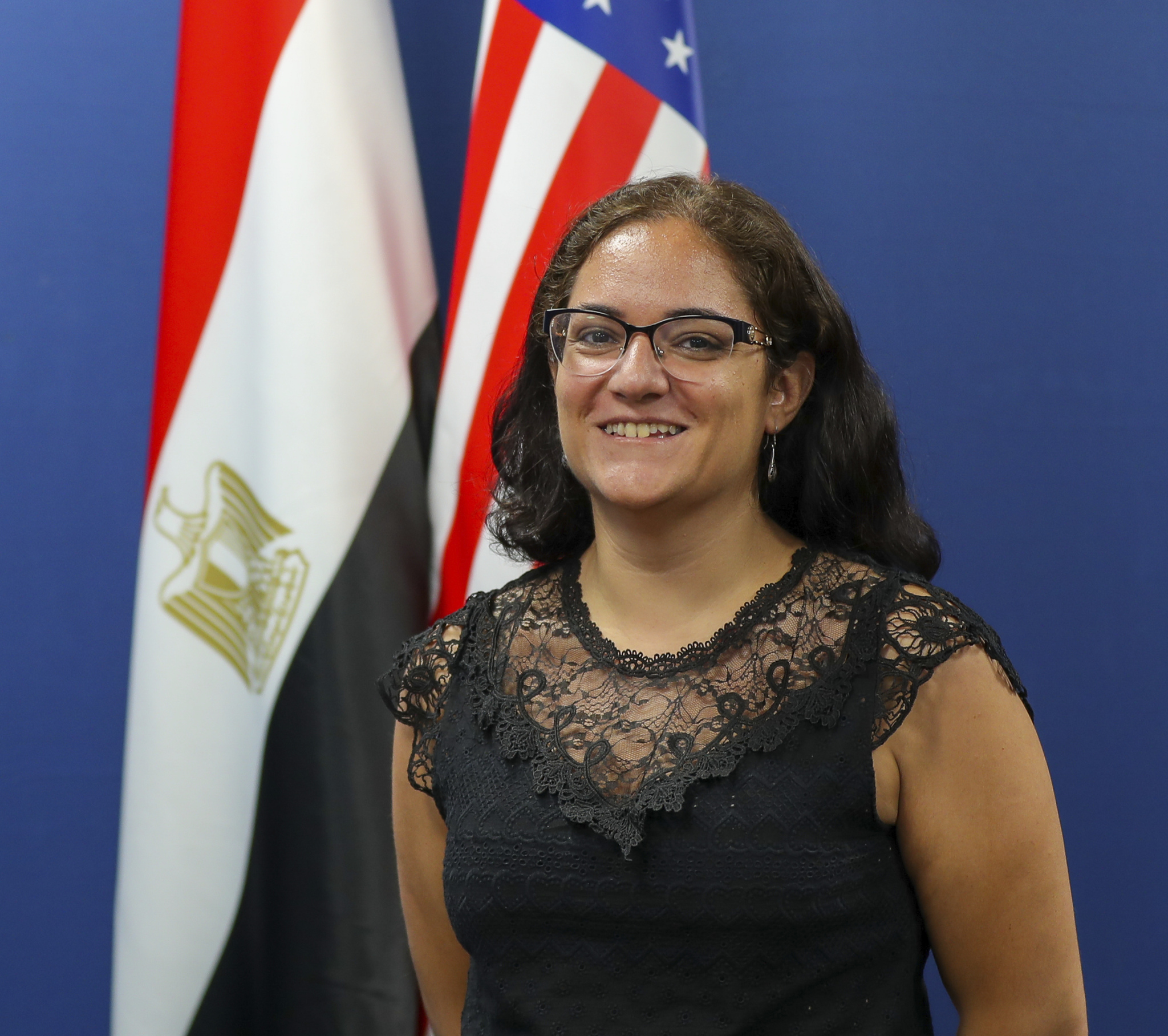
Affiliation: U.S. Embassy, Cairo
Position: Regional English Language Office (RELO) Program Assistant
Affiliation: U.S. Embassy, Cairo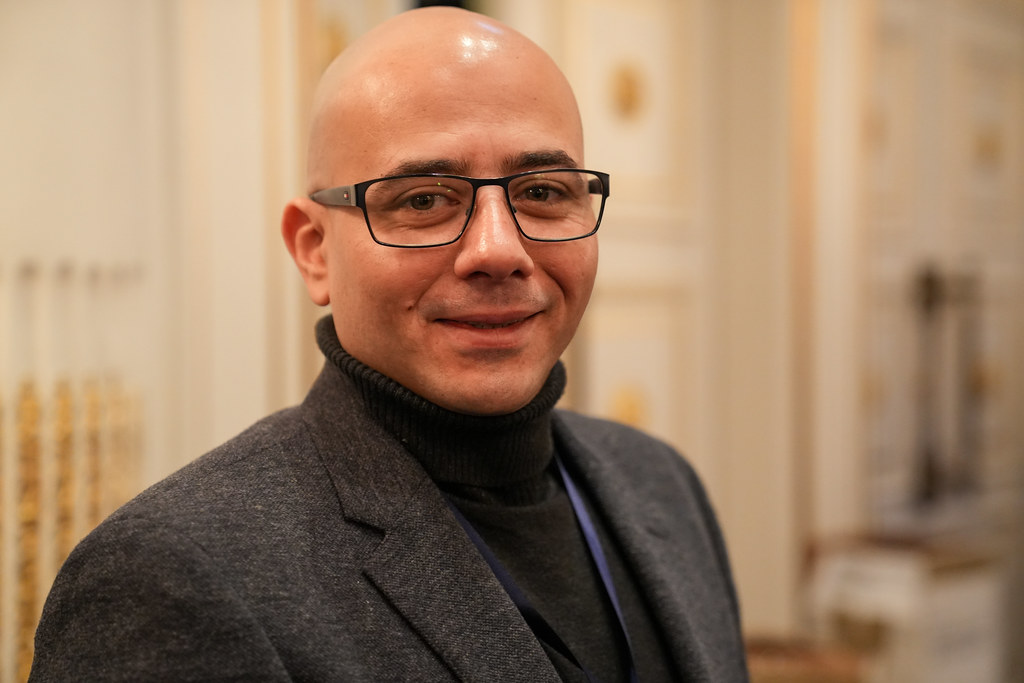
Position: Exchange Programs Coordinator
Affiliation: U.S. Embassy, Cairo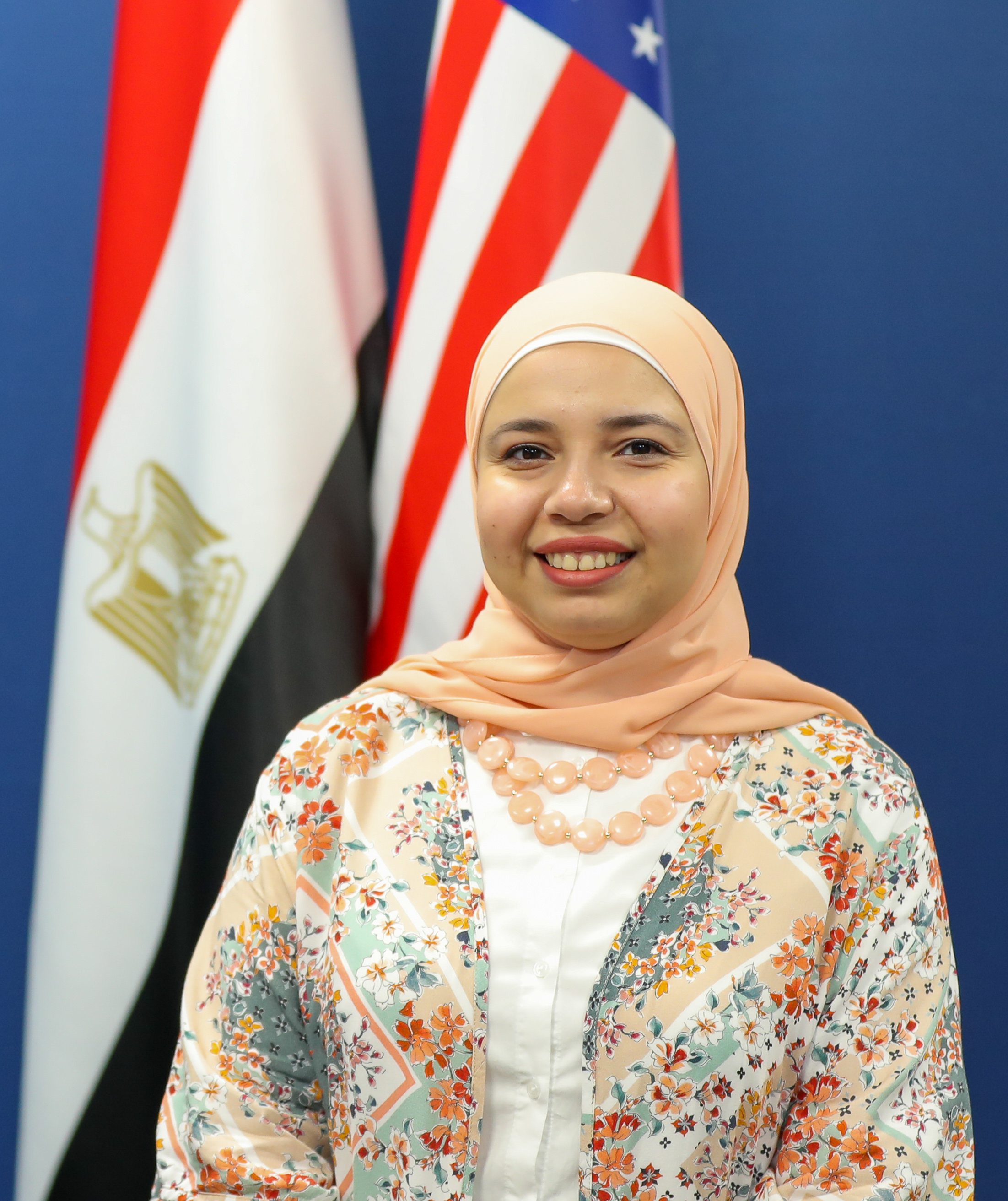
Lecture title: Exchange Programs to the United States
Position:Public Engagement Assistant - Cultural Affairs
Affiliation: U.S. Embassy, Cairo
Lecture title: U.S. Embassy Services (American Cairo Center, Regional English Language Office, Exchange Programs, Alumni Engagement)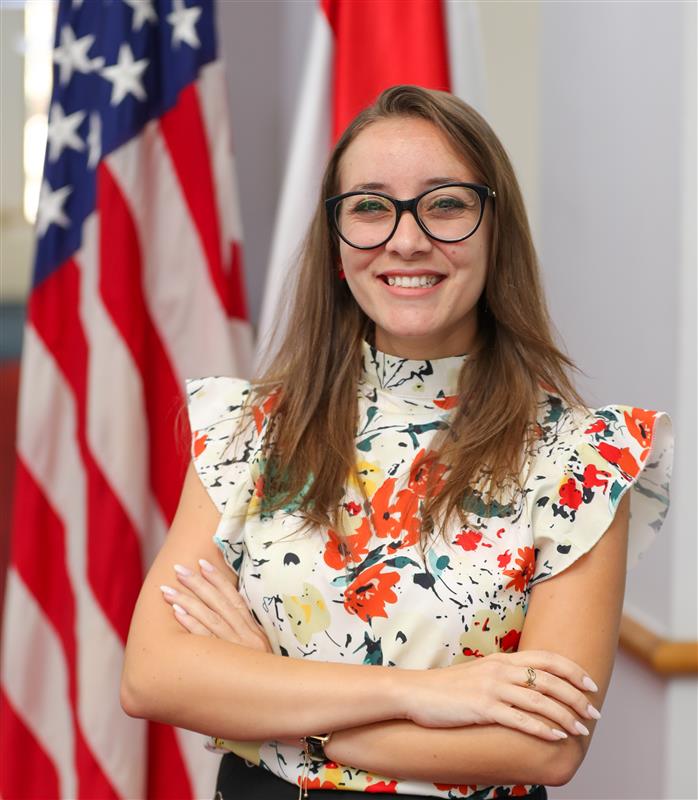
Affiliation Stanford University Center for International Security and Cooperation
Lecture title: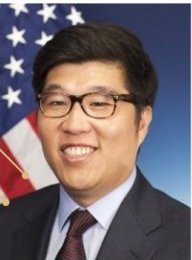 The Next Generation of AI Investment: From Super-human to Post-human
The Next Generation of AI Investment: From Super-human to Post-human
 English
English  اللغة العربية
اللغة العربية 

